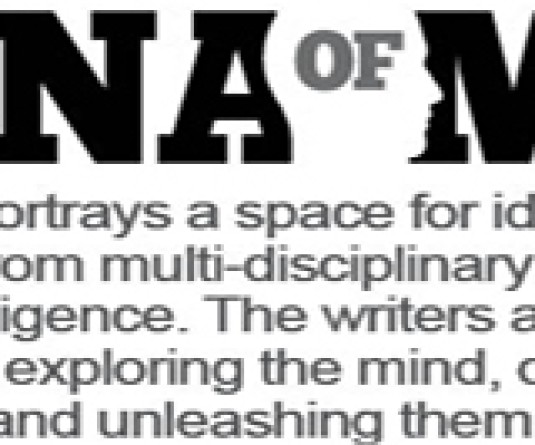
Keisovinu Kharutso
Gender has always been a subject of significant controversy and debate throughout history. Defined as the social roles, behaviours, and expectations attributed to individuals based on their perceived sex, gender plays a crucial role in shaping societies, cultures, and personal identities. However, in recent times, a multitude of debated topics have emerged, challenging traditional perspectives and raising important questions about the complexities of gender. This article will delve into some of the major controversies surrounding gender, exploring the multifaceted perspectives and shedding light on the ongoing discourse in this field.
Gender Identity vs Biological Sex
One of the most prominent controversies is the tension between gender identity and biological sex. While binary conceptions of gender have traditionally categorized individuals into either male or female, many argue that gender is not solely determined by one's biological characteristics. Advocates for transgender individuals assert that gender is a deeply personal and individual experience, going beyond mere biological attributes. This viewpoint challenges the notion that one's gender identity must align with their assigned sex at birth. Consequently, conversations about gender pronouns, gender-neutral language, and transgender rights have become paramount within contemporary discourse.
Gender Stereotypes and Roles
Gender roles and stereotypes have long dictated societal expectations of behaviour, appearance, and choices for both men and women. Critics claim that these stereotypes perpetuate harmful and limiting ideas about what constitutes "appropriate" behaviour or appearances for each gender, negatively impacting personal freedom and self-expression. Debates centre on whether gender roles are innate or socially constructed, with some stressing the importance of challenging gender norms to promote greater inclusivity and acceptance.
Stigma Surrounding Non-Binary and Genderqueer Individuals
With a growing recognition of the complexity of gender, non-binary and genderqueer individuals have faced significant challenges regarding acceptance and visibility. Non-binary individuals identify outside the traditional male-female binary and may use terms such as genderqueer, genderfluid, or agender to describe themselves. The controversy arises from the tension between acknowledging a diverse range of gender identities and the resistance from those who view gender as a fixed concept. Providing support, understanding, and recognition for non-binary individuals continues to be a crucial aspect of the gender discourse.
Gender Pay Gap and Workplace Discrimination
One of the enduring controversies surrounding gender lies in the persistent gender pay gap and workplace discrimination. Despite advancements in gender equality, women continue to earn less than their male counterparts in many parts of the world. Discussions revolve around identifying and addressing the underlying factors that perpetuate these disparities. Advocates argue for policies aimed at establishing equal pay and eradicating discriminatory practices. The controversy surrounding these issues stems from differing perspectives on the causes of the pay gap, be it systemic discrimination or other complex societal and economic factors.
The controversies swirling around gender reflect the evolving nature of our understanding of this complex topic. By challenging traditional notions, these debates push for greater inclusivity, acceptance, and recognition of an individual's gender identity. As we continue to engage in these discussions, it is vital to approach the controversies with empathy, compassion, and a willingness to learn from diverse perspectives. Only through open dialogue and ongoing education can we ensure a more equitable and understanding society for all.
The writer is Assistant Professor Department of History SJC(A)






